Extra Challenge Subtraction Worksheets for Ages 4-9
19 filtered results
-
From - To
Enhance your child's math skills with our Extra Challenge Subtraction Worksheets for ages 4-9! Designed to reinforce understanding and boost confidence, these engaging worksheets offer a variety of subtraction problems tailored for different skill levels. Your little learners will practice critical thinking and improve their problem-solving abilities while having fun! With colorful graphics and interactive layouts, these worksheets make subtraction less daunting and more enjoyable. Perfect for classroom use or at-home learning, these extra challenges will support your child's educational journey. Empower them to tackle subtraction confidently and develop a strong foundation in math today! Download your worksheets now!
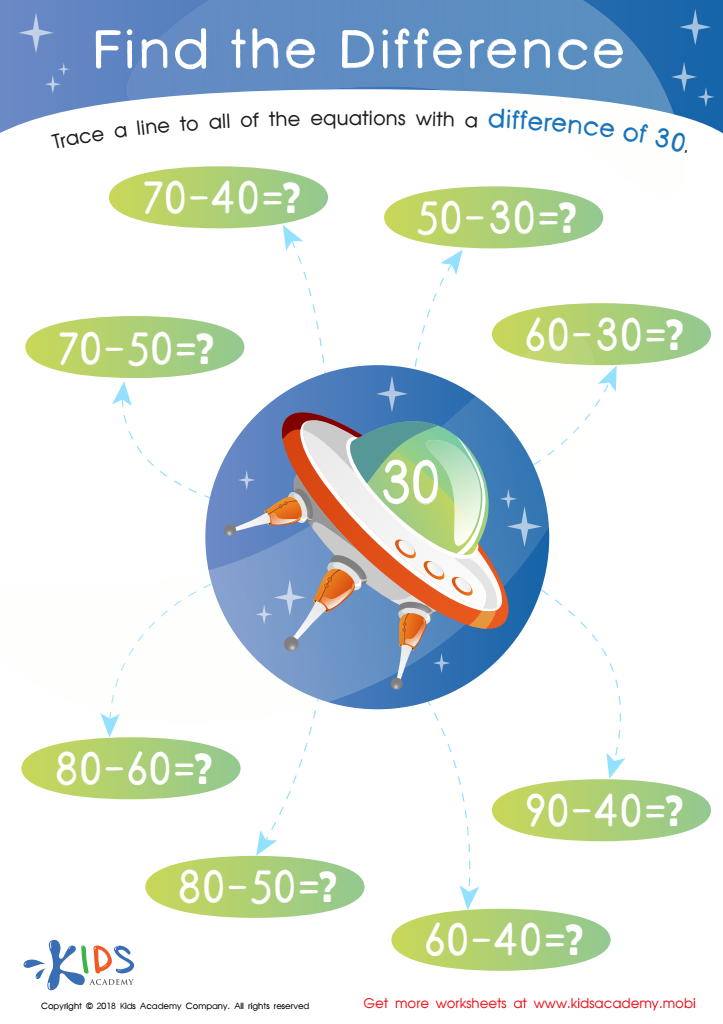

Find The Difference Worksheet
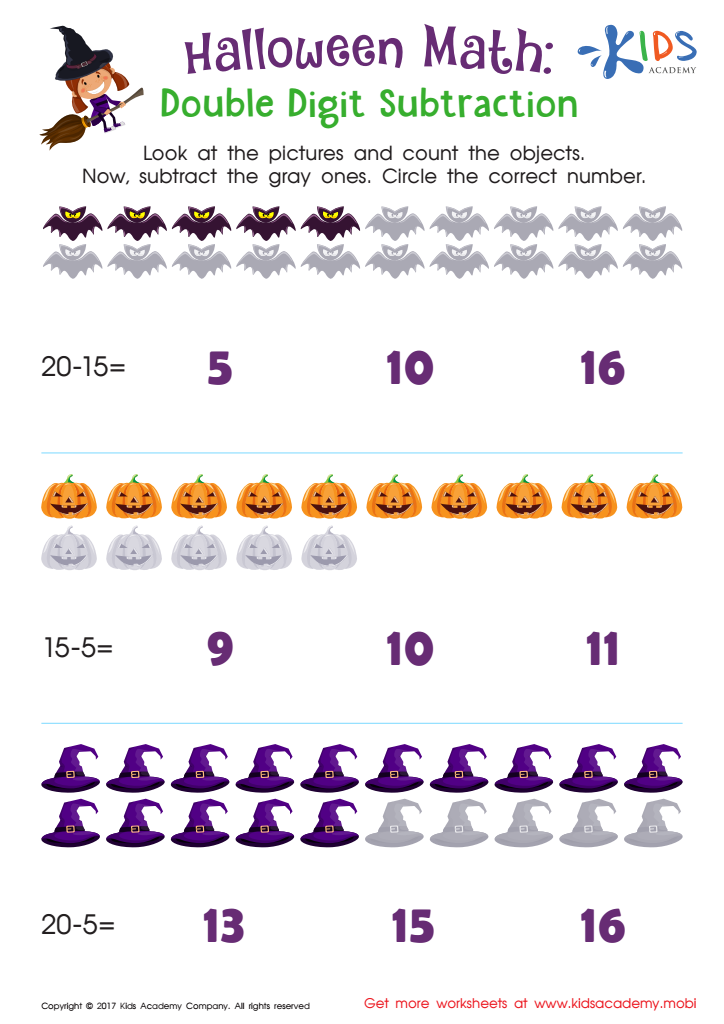

Halloween Math Subtraction Worksheet
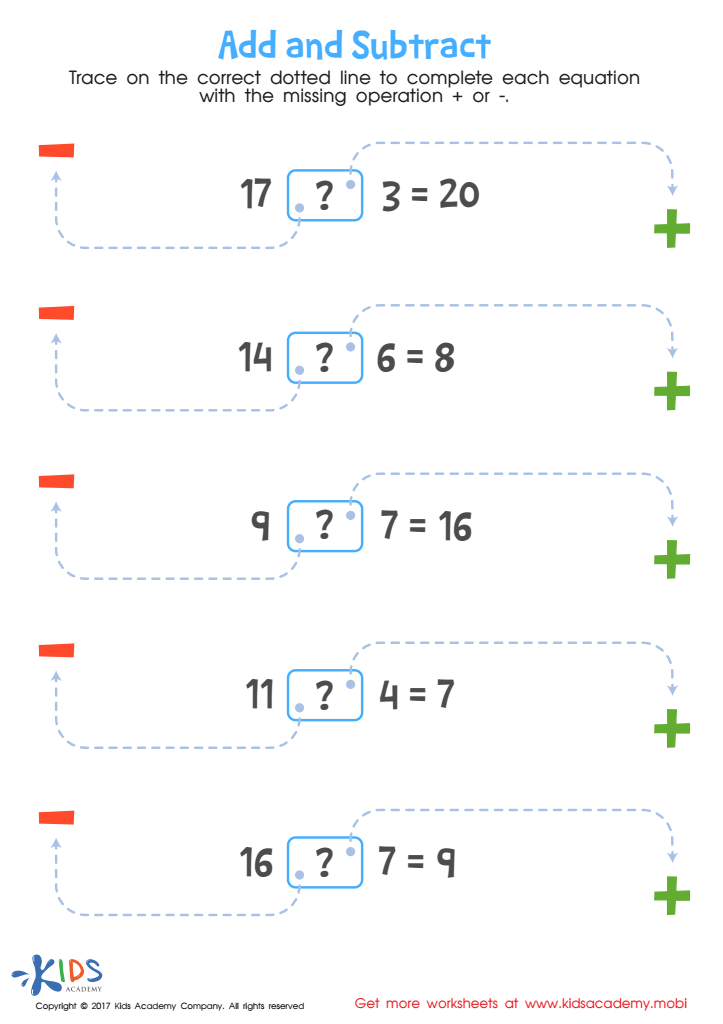

Add and Subtract Worksheet
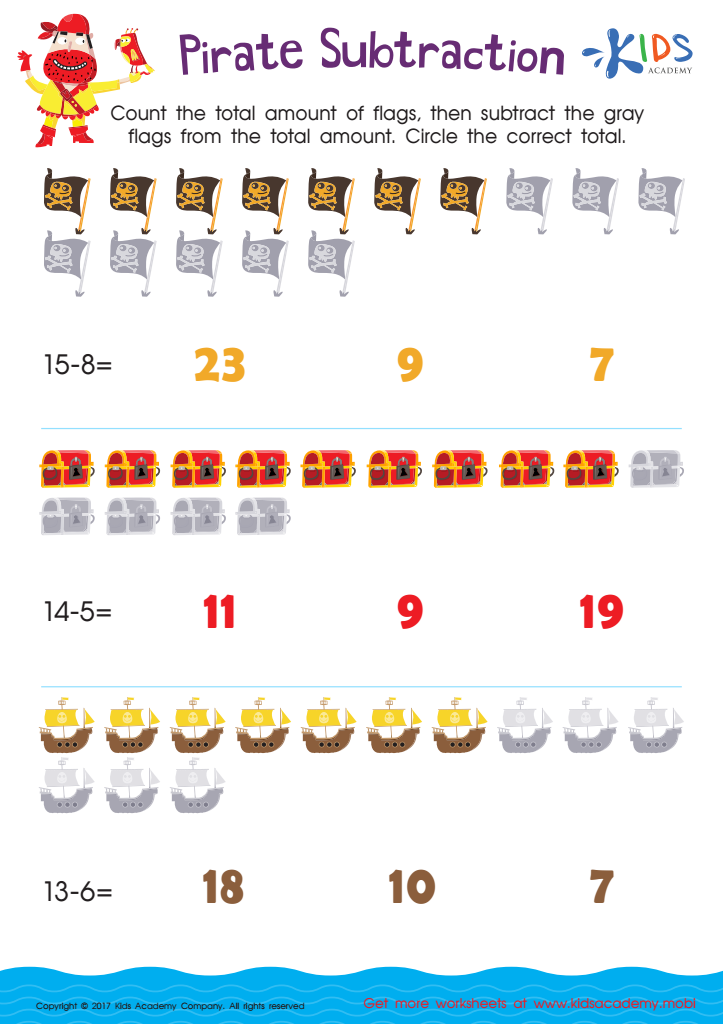

Pirate Subtraction Substraction Worksheet
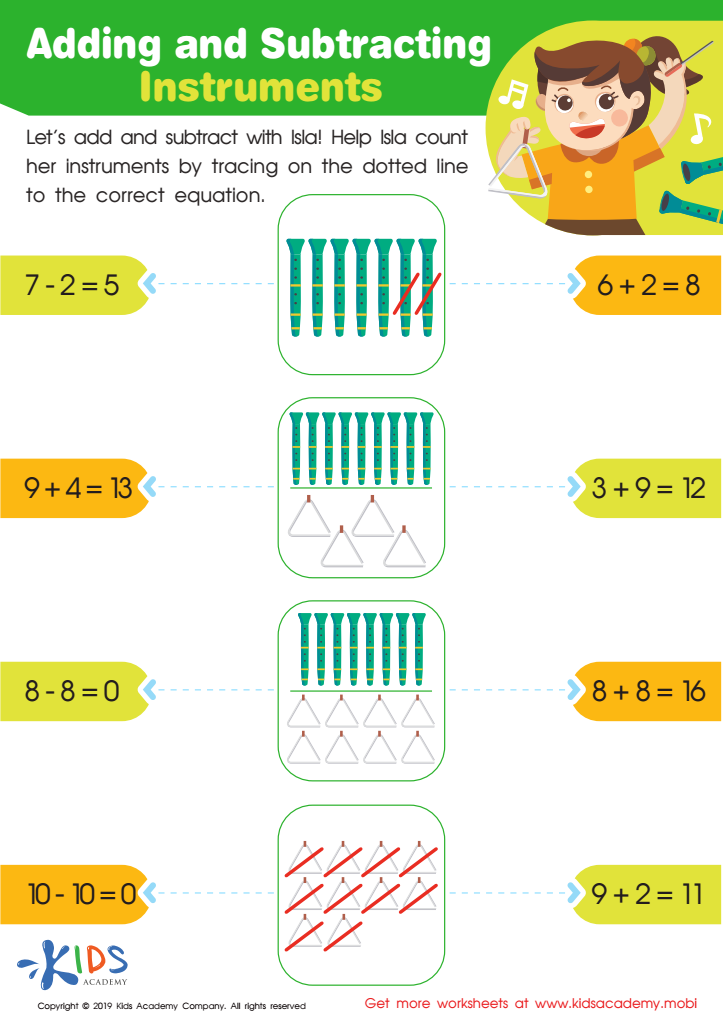

Adding and Subtracting: Instruments Worksheet
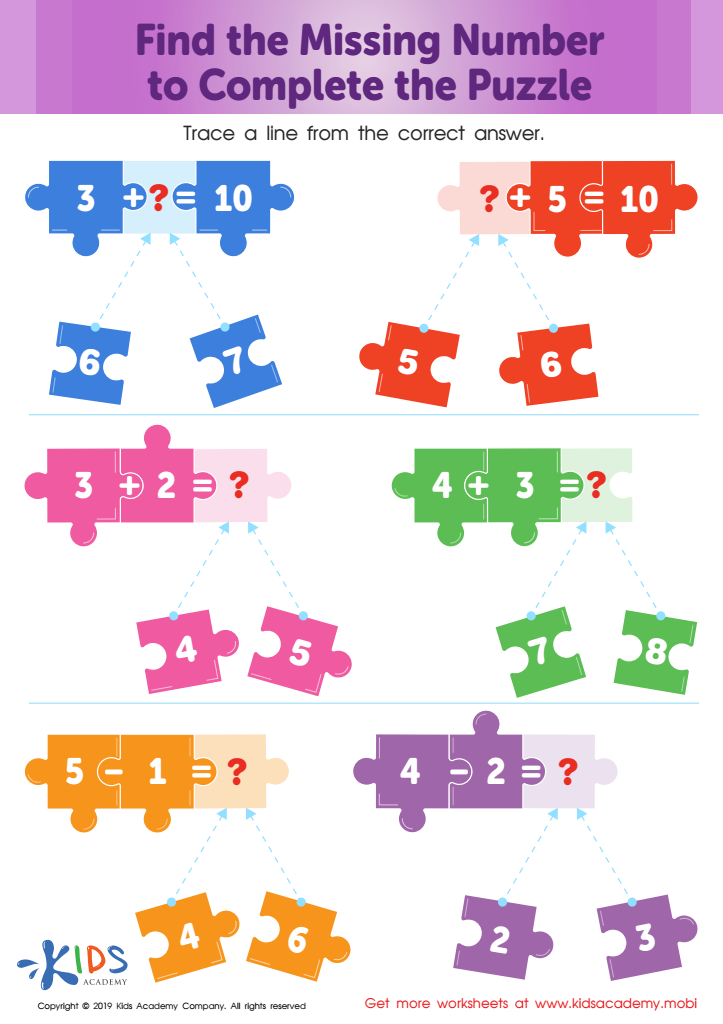

Find the Missing Number to Complete the Puzzle Worksheet
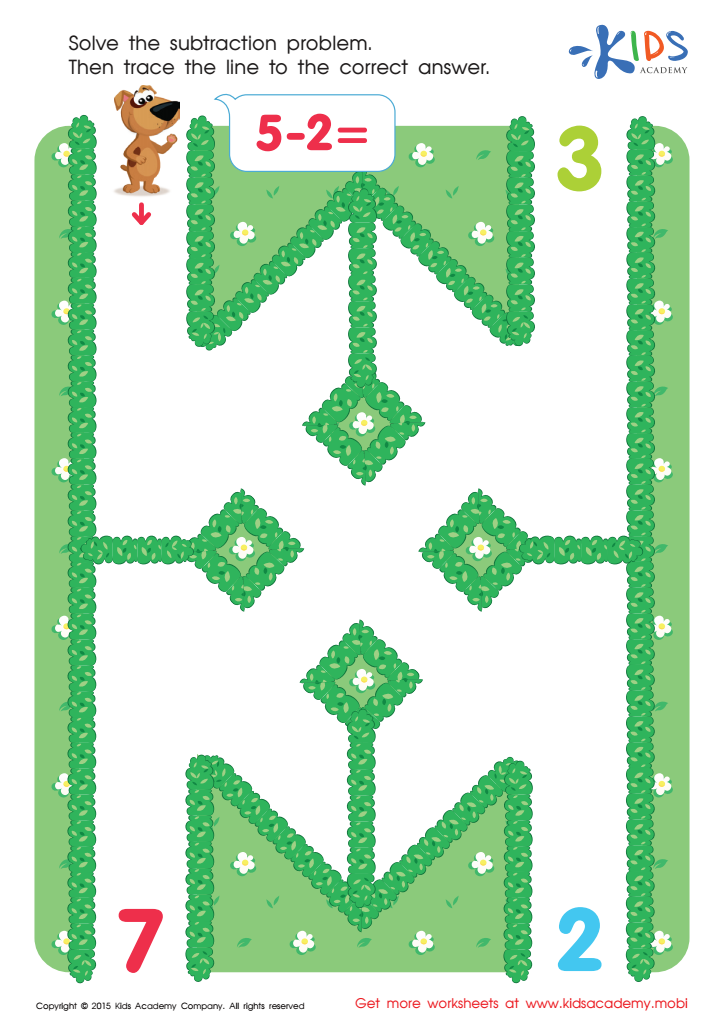

Five Minus Two Worksheet
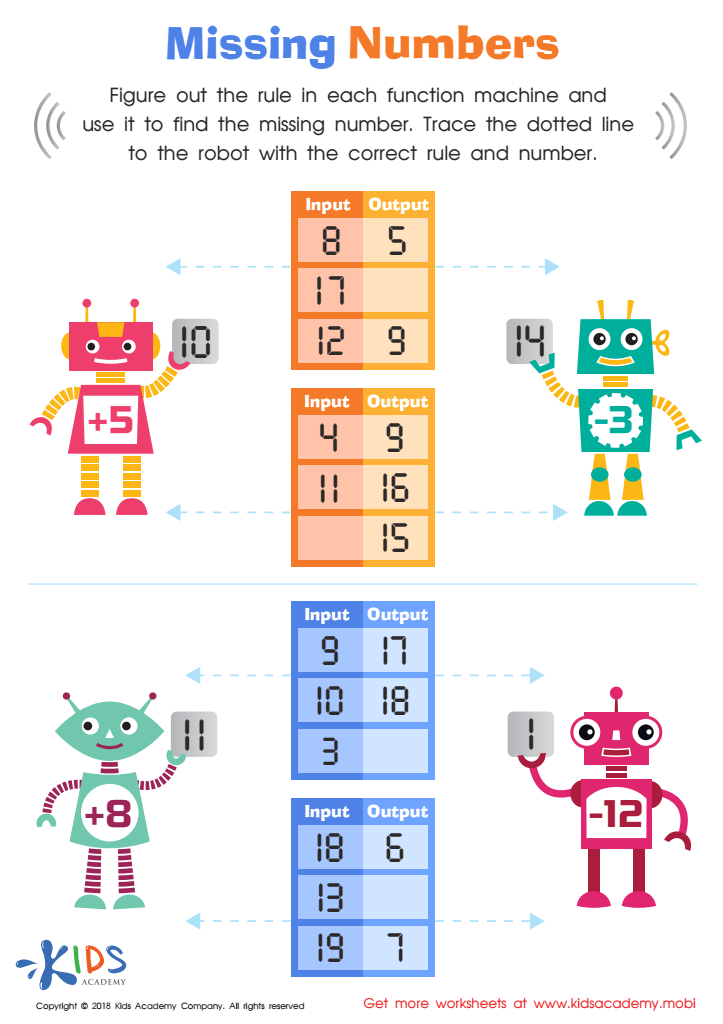

Missing Numbers Worksheet
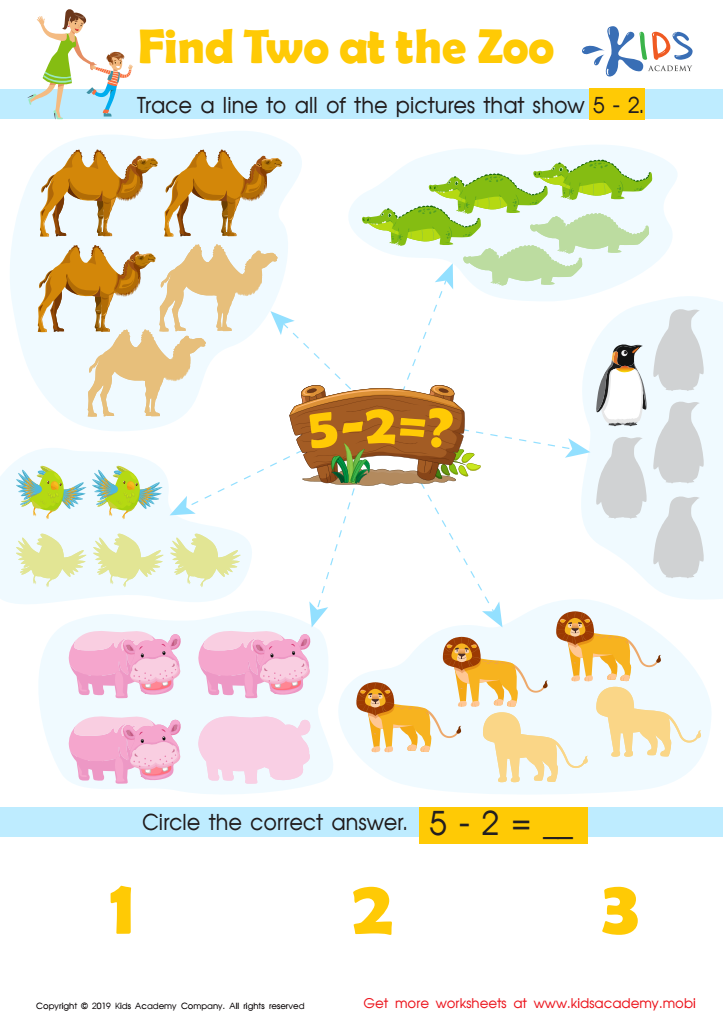

Find Two at the Zoo Worksheet
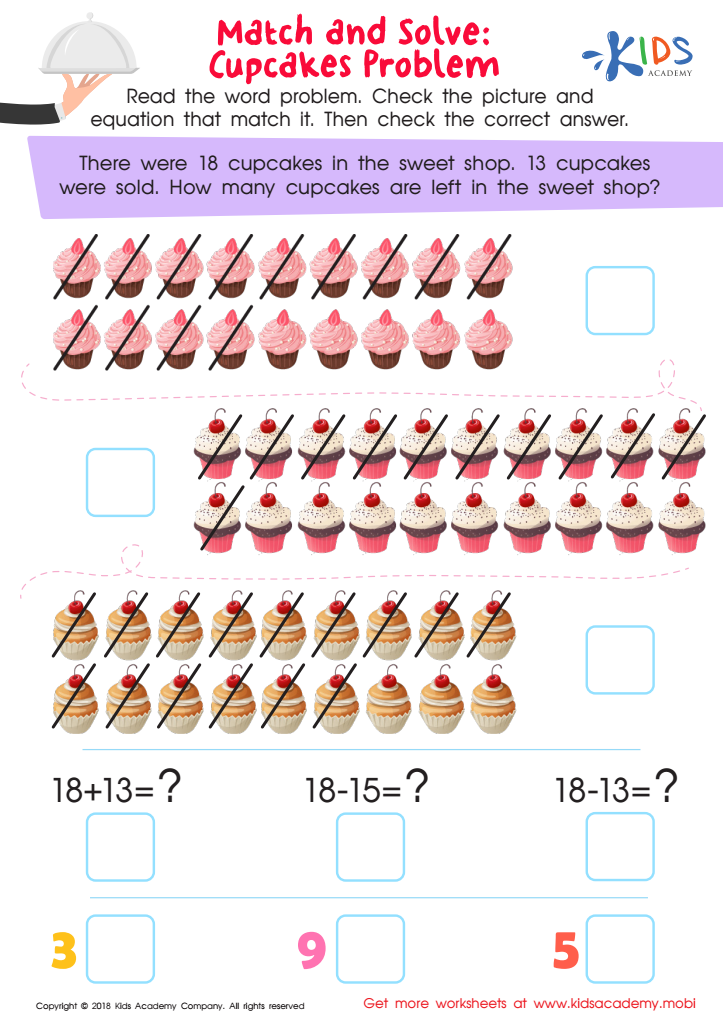

Match and Solve: Cupcakes Problem Worksheet
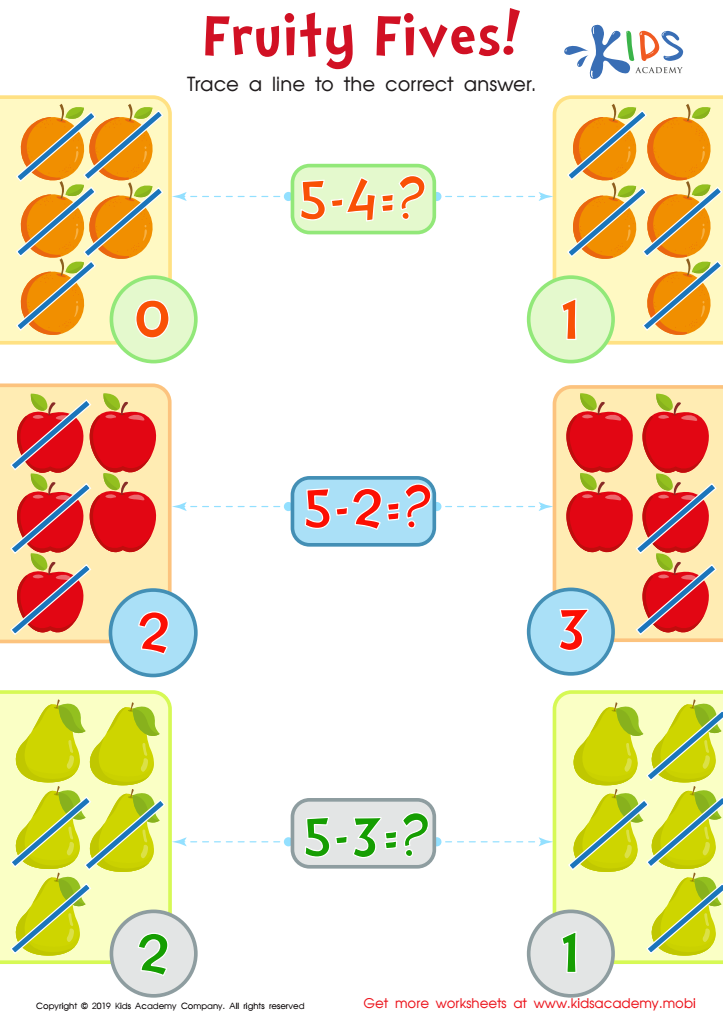

Fruity Fives! Worksheet
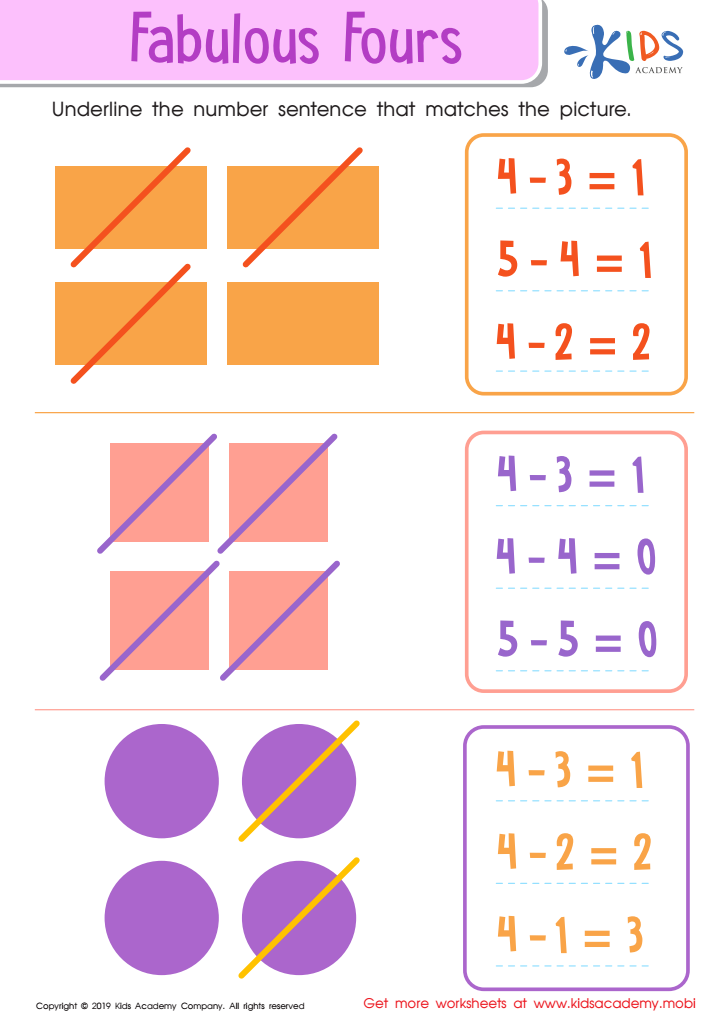

Fabulous Fours Worksheet
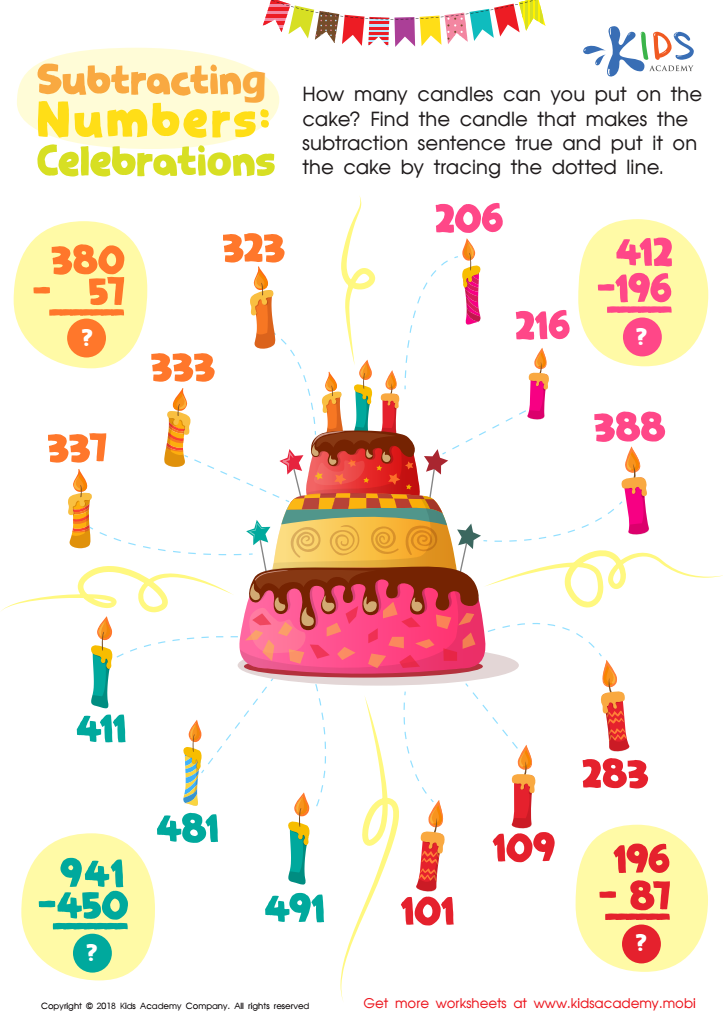

Subtracting Numbers: Celebrations Worksheet
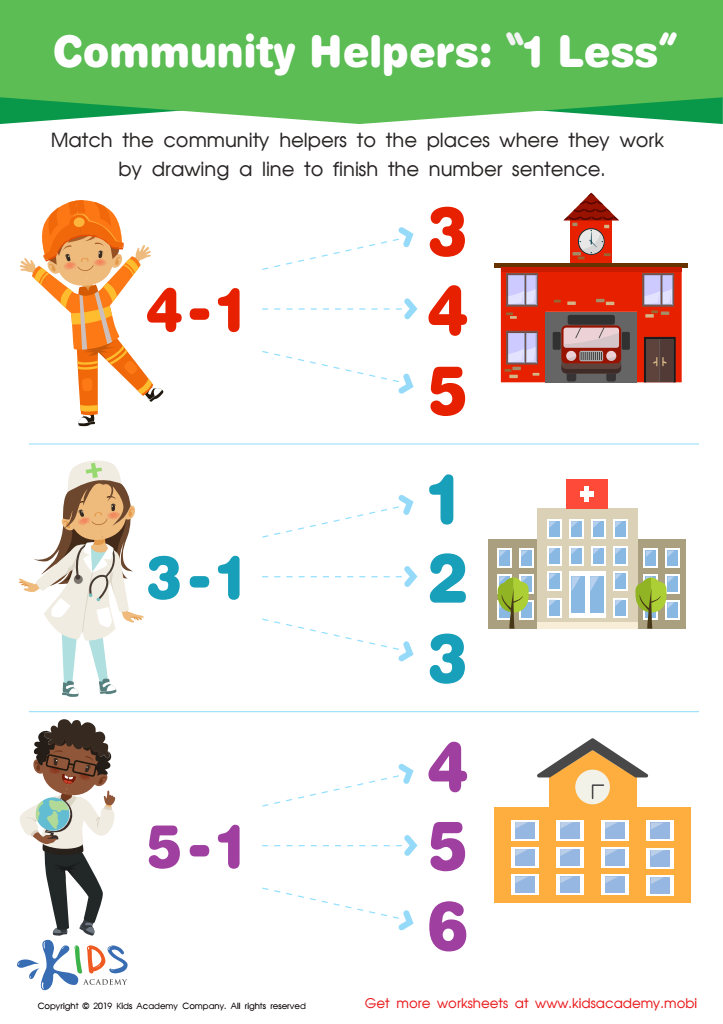

Community Helpers: 1 less Worksheet
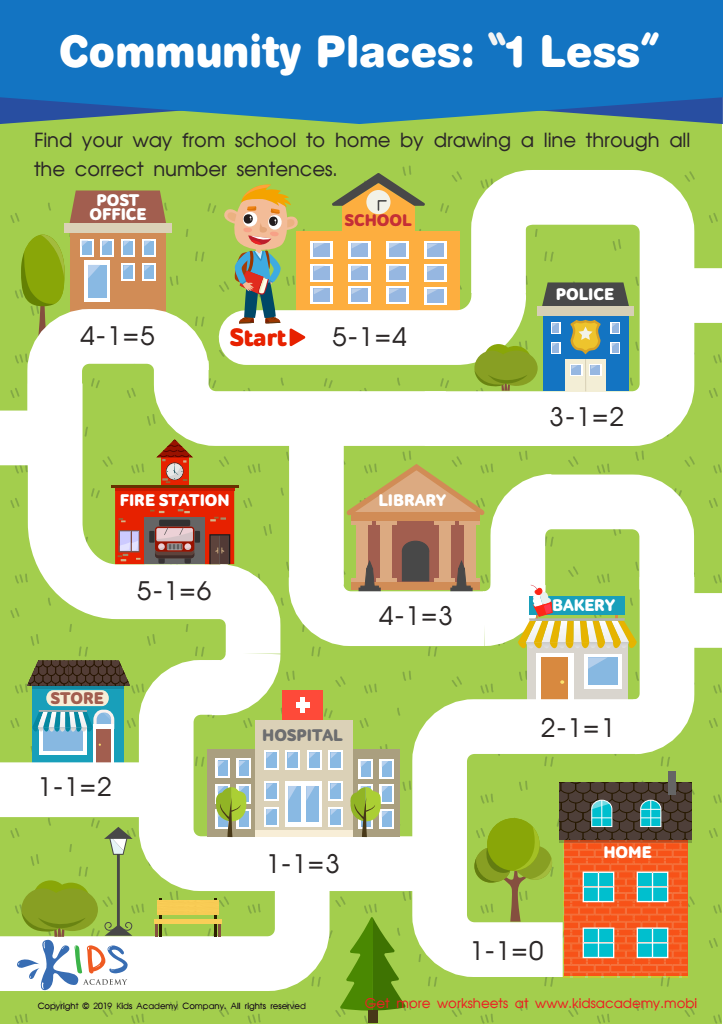

Community Places: 1 Less Worksheet
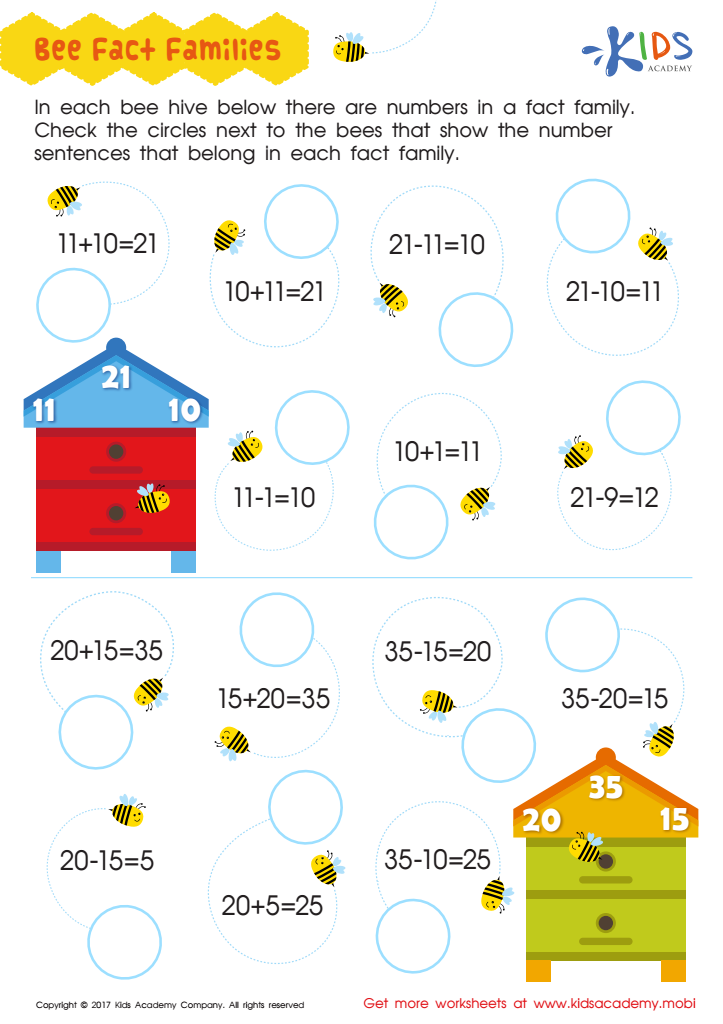

Fact Families Worksheet
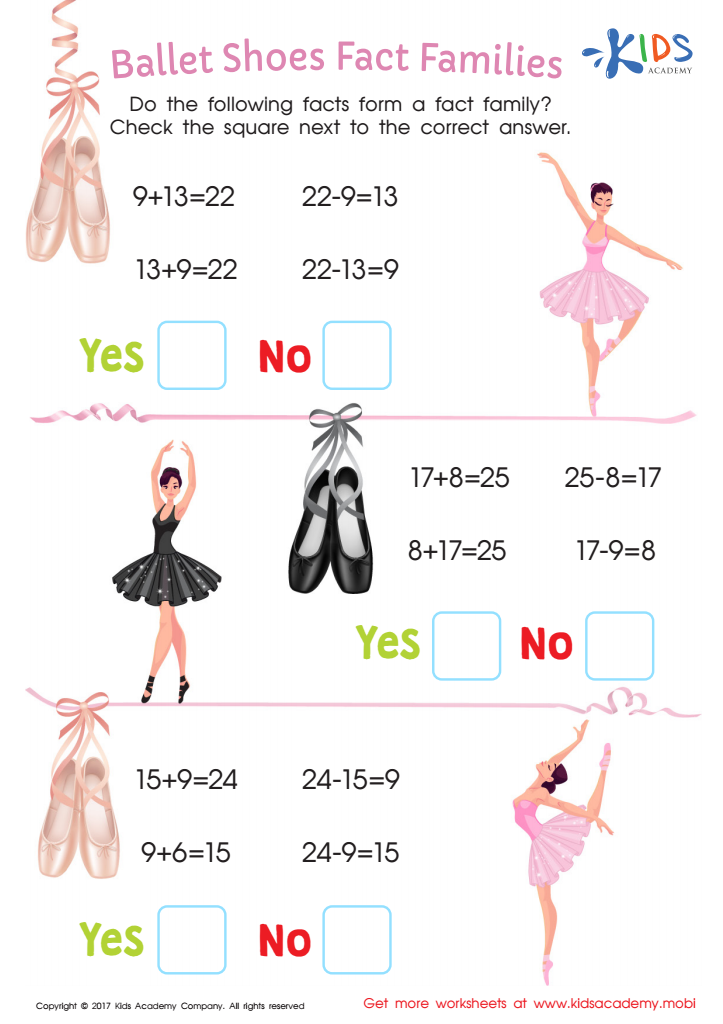

Ballet Shoes Fact Family Printable
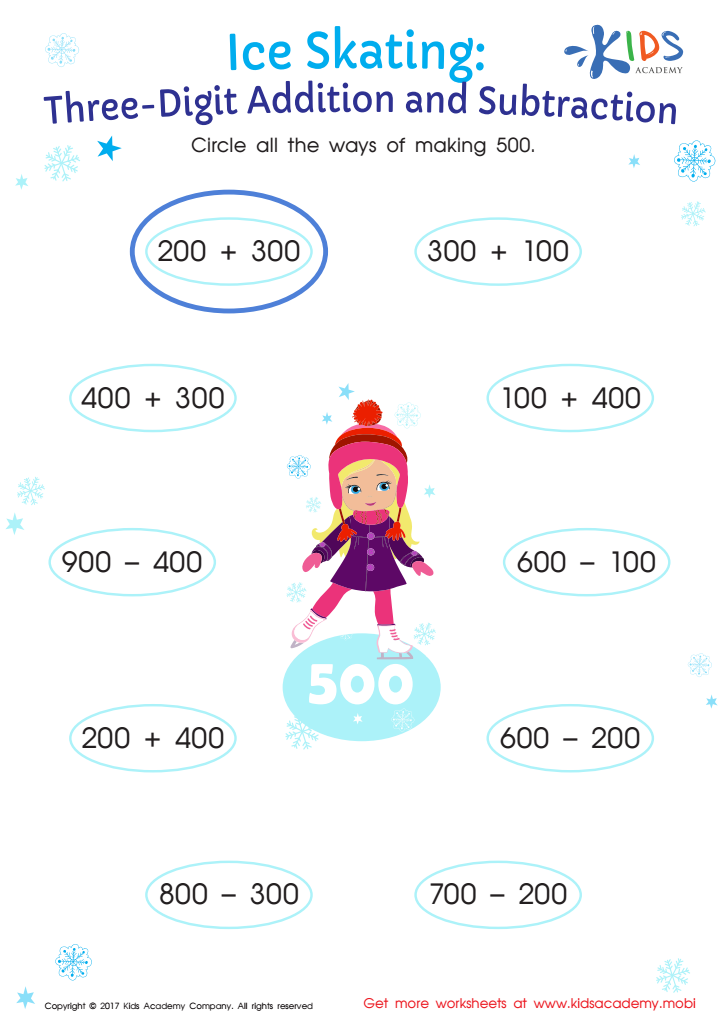

Three Digit Addition and Subtraction Worksheet
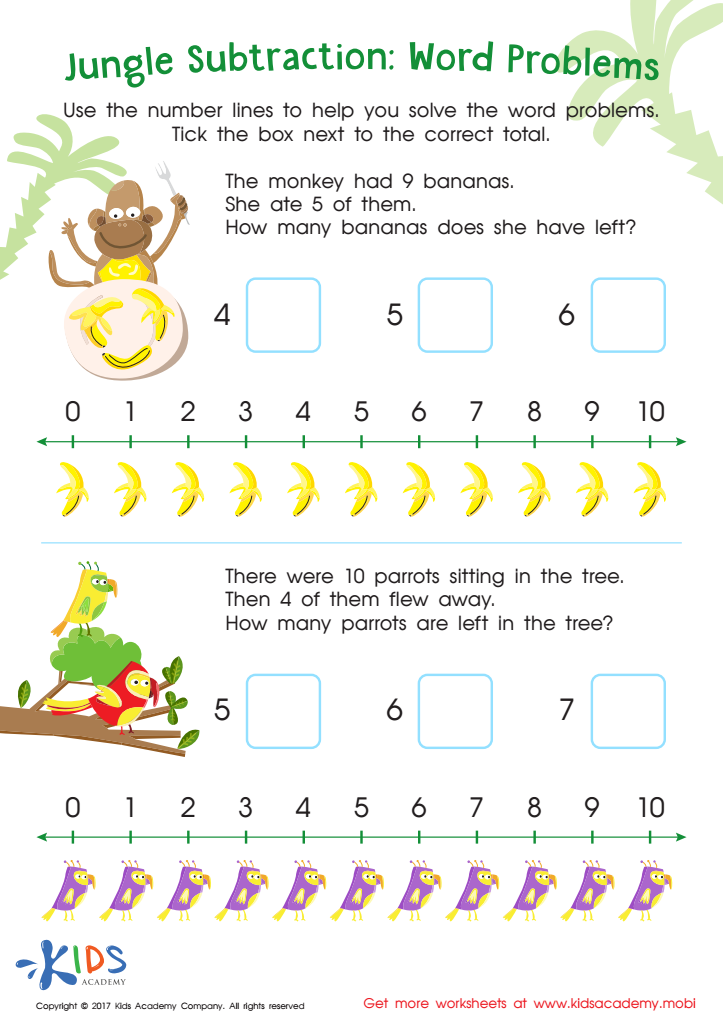

Jungle Subtraction Word Problems Substraction Worksheet
Parents and teachers should care about Extra Challenge Subtraction for Ages 4-9 because it fosters vital mathematical skills crucial for early learners' cognitive development. Mastering subtraction not only enhances a child's number sense but also builds critical thinking and problem-solving abilities. Extra Challenge activities provide innovative, engaging, and differentiated instruction, ensuring that children of varying abilities can learn at their own pace while feeling motivated.
Additionally, as children encounter subtraction challenges, they develop resilience and perseverance, important traits for academic success and beyond. Early exposure to fun, motivation-oriented challenges can help build a positive attitude toward math, reducing math anxiety that may arise later on. Furthermore, foundational subtraction skills are essential as children progress to more complex mathematical concepts in later grades. For parents, incorporating Extra Challenge Subtraction into daily routines can be an enjoyable bonding experience, allowing them to be actively involved in their child's education.
Overall, prioritizing Extra Challenge Subtraction not only equips young learners with essential skills but also lays the groundwork for future success, fostering a love for learning during these formative years. Thus, it helps create a solid foundation for lifelong learning and problem-solving in school and beyond.

 Assign to My Students
Assign to My Students






















